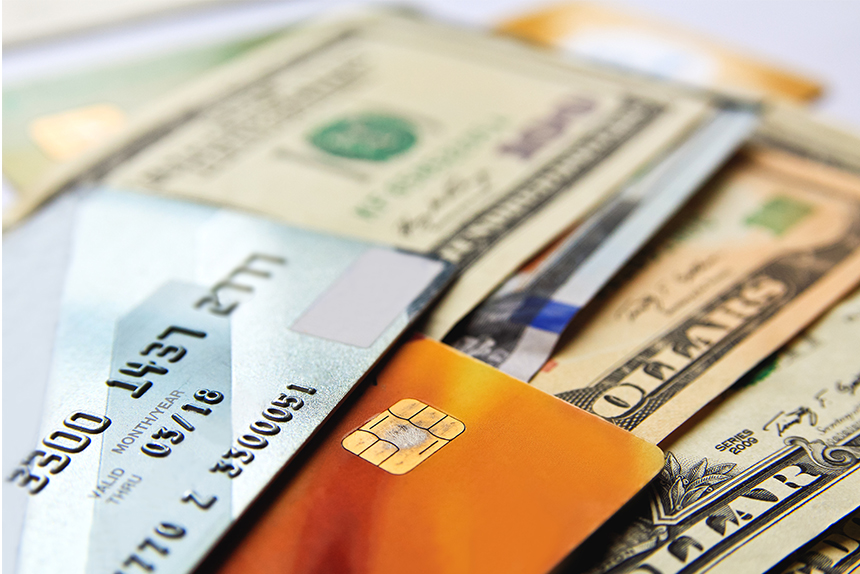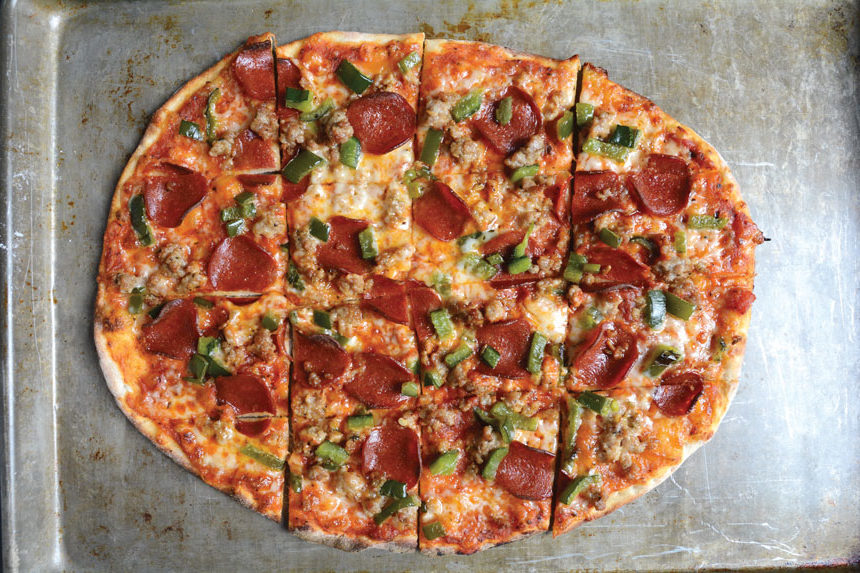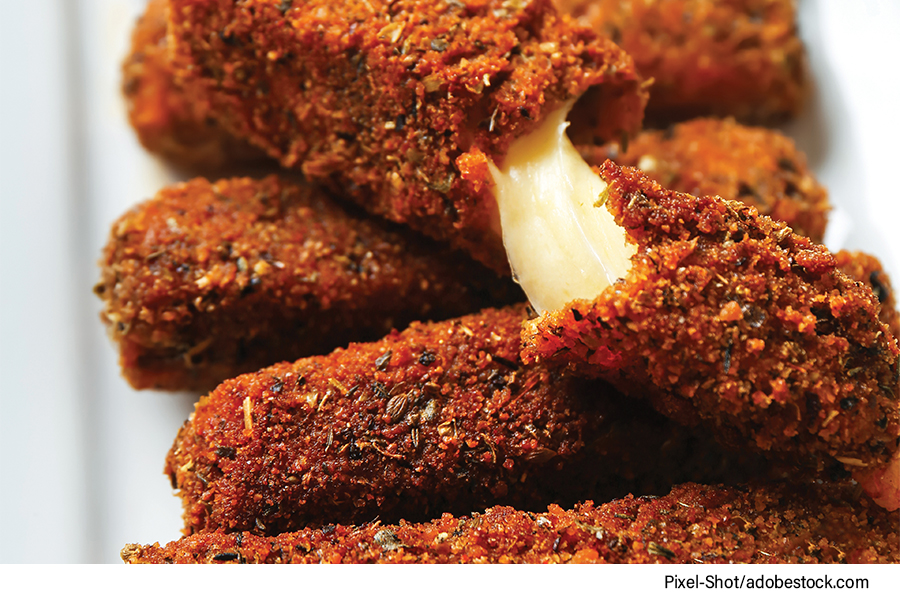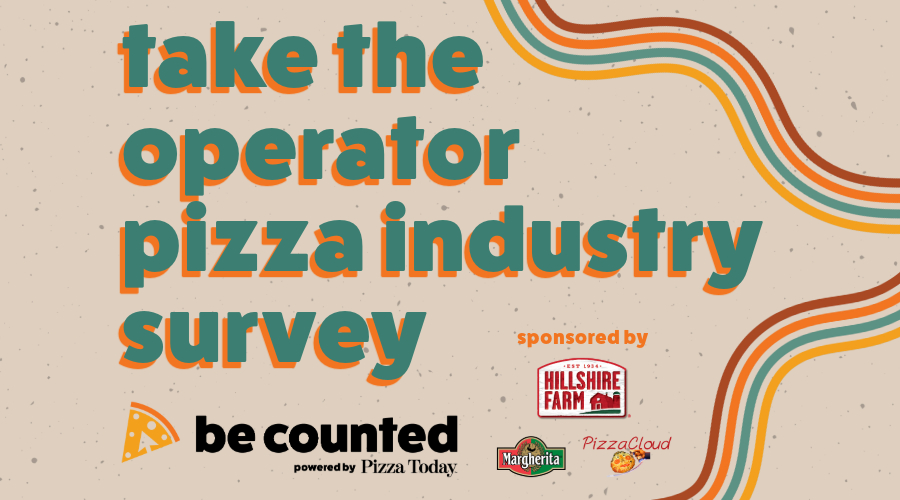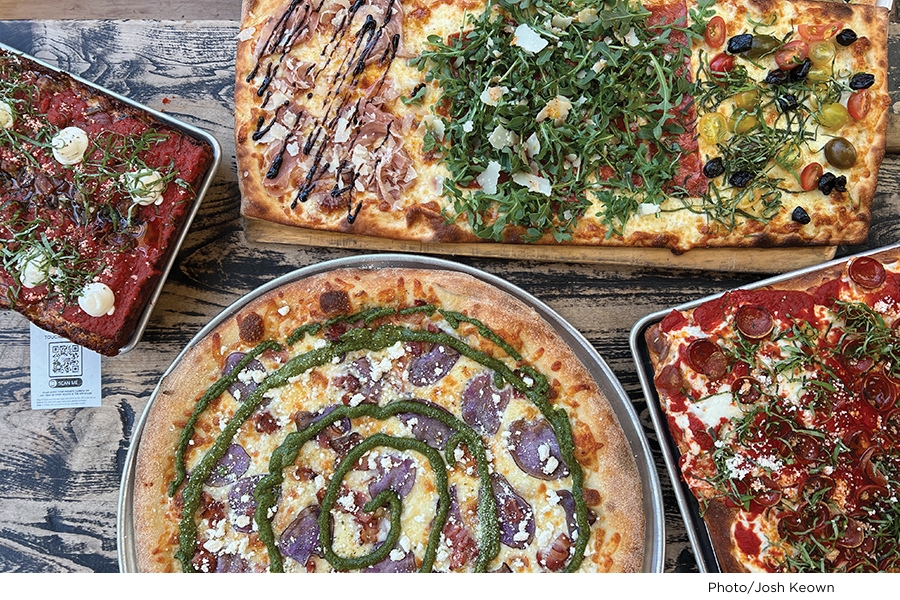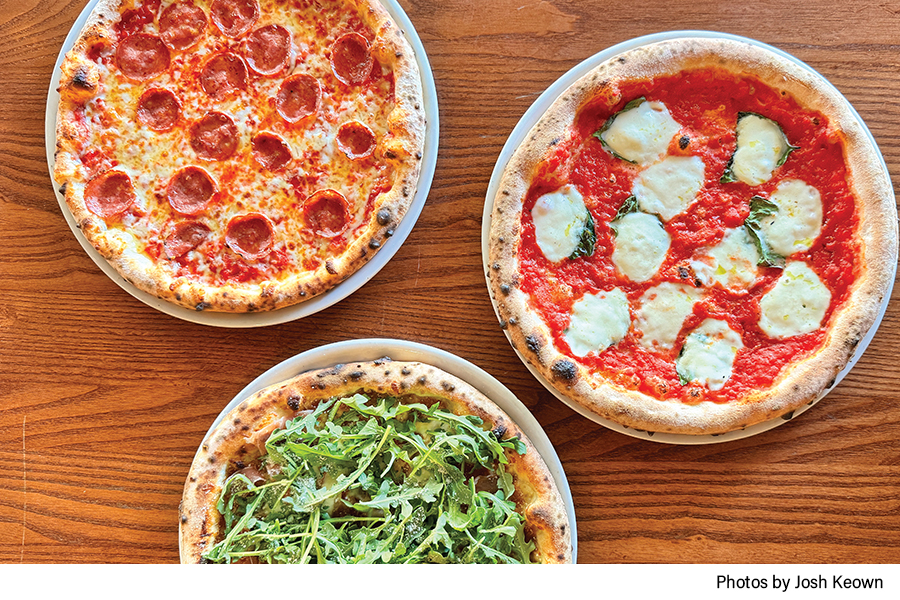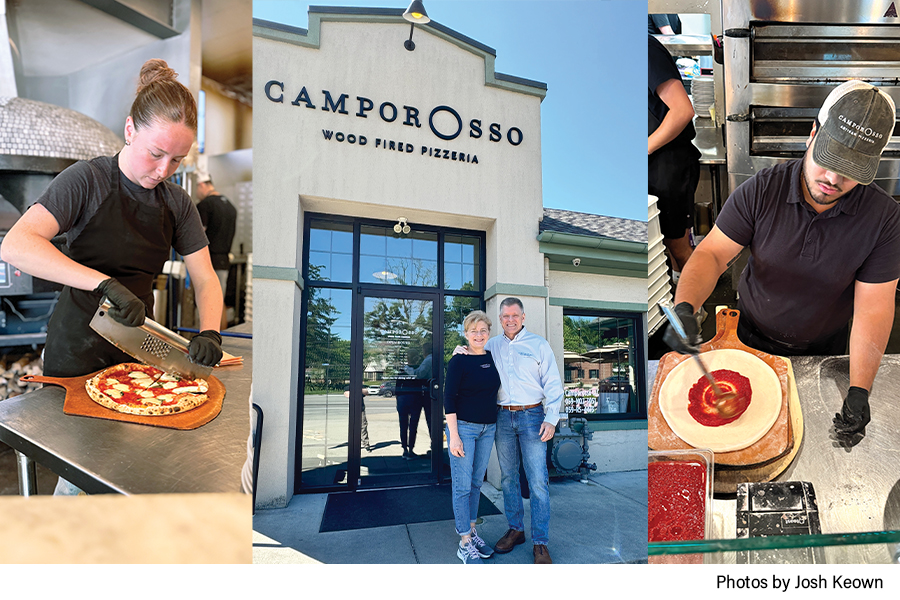Cash on Hand
Highly disciplined people tend to have been through something that made them that way. Discipline is not an inherited trait; it’s learned. People in recovery never want to go back to their rock bottom. People who fanatically work out tend to have grown up unhealthy. Most great business professionals I know come from hardship. They’ve seen their business ventures close or come close to it, which motivates them to respect every penny. Early on, after having our best sales weeks ever, I felt empty and dumb when my debit card declined at a gas station. That failure and the resolve to never let it happen again started from a misunderstanding of cash flow. Great Revenue is meaningless without standards and protocols to handle the waves of expenses.
Pizza people are passionate about fermentation times, hydration percentage, what type of flour was used, etc. Rarely are these conversations revolving around cash flow. However, cash flow determines success or failure. Many successful or seemingly prosperous restaurants close because of poor cash flow. Here’s, from experience, how to manage, mitigate and act like the big boys when you’re an independent controlling cash flow.
Pay on Time
First and foremost, pay your bills. Don’t just eventually pay them; pay them like a professional that’s dependable and not a delinquent payee that continually needs chasing down. I’ve met operators who like to keep their money in the bank till the last possible second under the guise of building interest. That’s ill-fated logic. Don’t just pay on time; pay ahead of time. For your big vendor payments, pay those on a seven-day net. Do this even if you have the option of 90 days. If you are way later today than a seven-day net, slowly move it ahead week by week until you get to a seven-day net. This way, you’re valued as a highly capable customer. Also, if you ever get into a jam, your vendor will have your back because you’ve had theirs. If you’re the “check is in the mail” style customer, your vendor will not go to bat for you when the chips are down.
Bookkeeper & CPA
To pay on time, you need a capable bookkeeper. That potentially could be you or someone close to you. But I highlight the word capable. This person MUST know how to properly code on your general ledger, otherwise known as GL codes. You want to make sure vendors, payments and codes get set up in a focused non-asinine manner, and that it’s clearly discernible what money went to what vendor and for what reason. Most businesses run on QuickBooks. There are several other options in the landscape, but it’s the most widely agreed-upon software. A good bookkeeper needs to be skilled in your program of choice and set up for success from the start. I suggest utilizing a competent restaurant CPA to act as a CFO for hire. When you’re small and don’t have access to high-level talent daily, like a full-fledged CFO, rent that talent hourly to lay the proper groundwork. Let them guide you and your bookkeeper for how you should set things up rather than try and invent it yourself. This person must be versed in restaurants. Ideally, this CPA has consulted for multiple independent chains and franchises, not a run-of-the-mill accountant who once helped a restaurant a few years back. Check with your banks and ask who they regard as a great CPA; that will tell you more than a Google search.
A great bookkeeper is trustworthy, dependable, a self-starter and thorough. Also, they’re someone who doesn’t get easily sidetracked. This role is more important than your best pizza baker or best manager. Your bookkeeper’s success or failure determines whether you thrive or close due to fiscal mismanagement. Have checks and balances on this person, pay by check and sign every payment. Look into the bank account daily, check the payouts, discounts and petty cash. Realize now that nice and seemingly good people steal all the time. Good people steal when it appears there’s no system to overtly check on them and tell them not to take cookies from the cookie jar.
Forecasting
First-year forecasting is entirely blind; it’s like playing a bad game of pin the tail on the donkey. In a COVID year, forecasting was horrible. But in a regular year, your forecasting should be based upon the previous year’s sales, events, trends and promotions. Don’t stop there though. Beyond forecasting revenue alone, Also forecast what you’ll need to spend in payables and when. If your forecasting doesn’t include equipment replacements, store updates, signage transitions, then you’ll probably end up needing to spend unexpectedly every month of the year. These things will happen, and expecting everything to never age is the quickest way to have a big bill at an inopportune time. This unexpected expense could be utterly debilitating if you haven’t been ahead on payments or created a nest egg.
The Nest Egg
There’s a lot of debate on how big your nest egg should be. I’ve heard that there should be three payrolls’ liquid cash, or three months of operating expense and as many as six months. Indeed as much money you can put aside so that if everything falls apart, you don’t, is a smart move. To be set up for success, you have to be prepared to endure failure because one day it will rain, and you’ll need a fiscal umbrella.
Credit Cards
I’ll make this easy, avoid them. Credit cards are like packing a wound with dirt; sure, it works in a jam, but how many emergency rooms do you know that would stock dirt? None, wound dirt is not a thing. Just like “We’ll just buy it on credit, and I’m sure next month will be better” is not a phrase of the fiscally gifted.
Credit is only a friend to the highly fiscally disciplined few who can use the card with vendors willing to accept credit payments. The proactive ideal goal is to earn points then parlay those points into the perks like cashback and travel rewards. Credit Cards are like a casino; sure, someone wins in the game, but not many, and credit card companies live off the debtor, not the on-time payer.
Suppose you can use a credit card payment and pay it every week like clockwork and never deviate from that, then and only then should you even remotely consider using credit cards. If you’re in the worst jam imaginable and you rack up an Amex bill, you are dancing with destruction. At the same time, I and every other business I’ve met at some point have done that dance. But if you’re newer or debating it or don’t need to go down that road, avoid it at all costs.
Profit & Loss Statements
A P&L, have one. Have a profit and loss statement that you can control and get with your bookkeeper and your CPA on creating one that is useful and easy to understand. Have a second operating cash P&L. An operating P&L understands that a business works in four-week periods as opposed to monthly periods. I mean that February has fewer days than March, so you will have fewer Saturdays in a typical February than in March. If you compare February to March, you will have a bad comparison. But if you compare four, seven-day periods to the following four, seven-day periods, you could see what your flow and trends are developing. Operating in a 13-month calendar achieves this significantly better than going off your classic monthly P&L, the kind you would give to an accountant to pay taxes from.
Taxes
Pay your taxes. All of them. To achieve this, you must be ethical. The IRS can make a mistake, and it’s no harm, no foul. You cannot. So pay your taxes not only on time but exceptionally meticulously. Pay ahead of time, ensure every charity’s tax-free code is documented, every purchase is accounted for, and every payment is reported. Your local jurisdiction might look the other way if you pay a vendor in cash off the books; the IRS won’t.
Inventory and Vendor Pricing
Whatever you buy from a vendor, verify the cost, understand whether it’s coming or going, rising or falling, and why. It’s incredible to see how many pizzeria owners have no awareness of the mercantile exchange and the price of mozzarella blocks. These people freely buy mozzarella at the whim of their distributor, never noting when the price drops $0.50, and their price has yet to change. Keep tight awareness of pricing and negotiate six-month or year-long deals with a dedicated vendor. A reliable vendor is your business partner, not an adversary waiting to get one over on you. If you feel that way, change your vendor or re-assess how you have approached the relationship.
Keep your inventory tight, not so low that everything runs out, but not so heavy that people are going through boxes of pasta like it’s macaroni necklace day in kindergarten.
Payroll
Create solid payroll projections and check them not biweekly or weekly but daily. See if your hours matched up to your expected labor by having a payroll that matches your scheduler. This works best when your POS is connected to your scheduling program. Doing all that will help ensure your projected payroll matches your actual payroll.
The Big Swings
Payroll, your primary vendor and tax payments lead to massive cash flow swings. That week we went negative, which I mentioned earlier, resulting from these three landing on the same day. So, at a minimum, for your nest egg, you need to be aware of what it would take to pay payroll, your big vendor payment and your taxes all on the same day and ensure you have that at a minimum in the bank.
Widen the Tight Rope
The easiest way to fix your cash problems is to make more money and sell more pizza at higher yields. If you can’t get newer customers, you need to get more yield from current customers and save on expenses without sacrificing the product or your good name.
The best way to survive this all is to be ethical. It can be tempting to do otherwise, but you keep your head above water by being honest and timely in your payments to staff, the government and vendors. An honorably run business is a successful one. I genuinely believe that. Any deviation from ethical is wrought with failure and leads to insufficient cash flow.
Mike Bausch is the owner of Andolini’s Pizzeria in Tulsa, Oklahoma. Instagram: @mikeybausch
